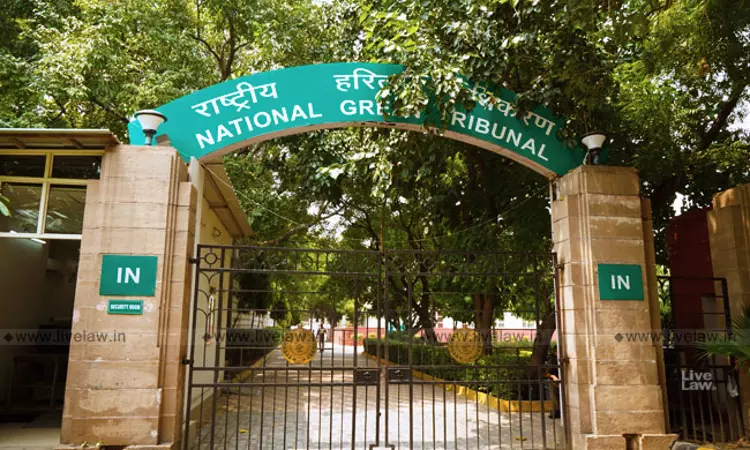NGT Directs CPCB To Submit Report On Action Plan For Enforcement Of E-Waste Management Rules
Arunima Bhattacharjee
7 Sept 2019 8:45 AM IST

Next Story
7 Sept 2019 8:45 AM IST
The National Green Tribunal has directed the CPCB (Central Pollution Control Board) to place a review and 'action taken' report for ensuring enforcement of E-Waste (Management) Rules, 2016 and the Environment (Protection) Act, 1986 ('EW Rules') by 31st January, 2020. The order was passed by the Principal Bench while considering a plea for remedial action against unscientific...
